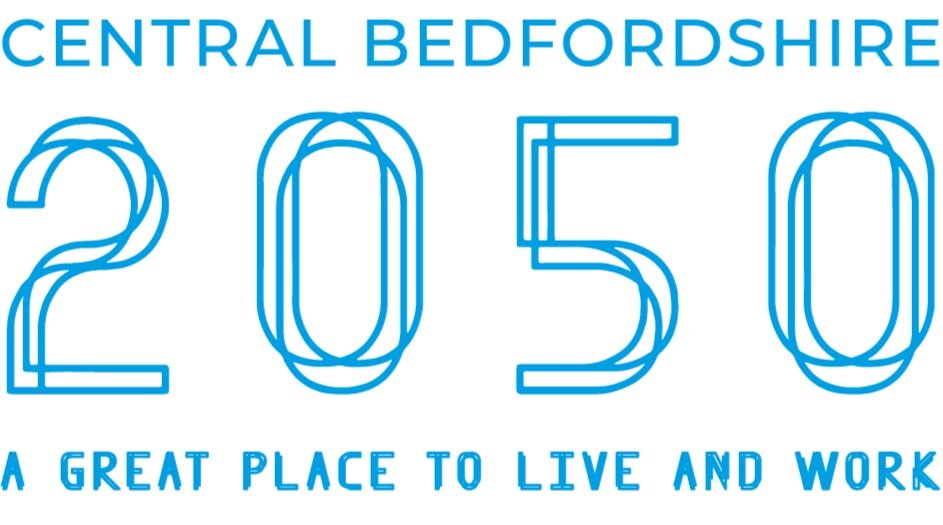Inspiration - we have the best quality of live
There are a number of places within the UK and beyond that might inform how we achieve a high quality of life. Here are just some of the places and ideas that might help us define approaches that are right for Central Bedfordshire and our communities.
Co-located community services - Cafe 1759 Whitehill & Borden
Loneliness can be a major issue in cities and towns, and the loss of community space and increasingly autonomous lifestyles are often regarded as contributory factors. Café 1759 in Whitehill & Bordon is a not-for-profit community café and multi-purpose space run by the local housing association. It provides a range of activities and services including programmes with the local GP surgery, employment and health-check events. The café buys local produce, promotes healthy eating choices and has created job opportunities for local people as well as skills and training.
New models oh housing delivery, Graven Hill,Bicester
‘Self-build’ and ‘custom-build’ homes involve individuals or groups designing and developing their own homes. Graven Hill in Oxfordshire is a pioneering venture in self and custom build, enabling individuals to design inspiring homes on pre-prepared plots, limited only by their imagination and their budget. It is expected that up to 1,900 unique homes will be built over 10 years at Graven Hill and they will be surrounded by open, green spaces including woodland, allotments and a network of cycle ways and footpaths.
Lifetime neighbourhoods
A recent RIBA report found that most people aspire to live in places that offer a range of house types, designs and tenures as well as well- designed flexible spaces that can adapt over time to suit diverse, changing lifestyles. Modern design standards mean that, with planning, most homes can be made so that they are adaptable over time and respond to changing needs. The report recommended that, in some cases, creating larger homes that enable multi-generational sharing could encourage more of us to live together and help elderly people retain their independence.
Playable City Bristol
Originally launched by a local arts agency, Bristol’s ‘Playable City’ programme seeks to make Bristol a fun city by creating more opportunities for adults and children alike to play. The scheme invites creatives and members of the public to propose ideas for unusual installations and activities; empowering people to imaginatively reconfigure the city’s services, places and stories. The winner of the first Award was Hello Lamp Post, which saw over 4,000 people strike up conversations with Bristol’s lamp posts, phone boxes and bus stops via text messages; while in 2014 Clifton’s Park Street was transformed into a giant waterslide.
The Sharing Economy - Library of Things
Why buy when you can borrow? This is the question posed by the Library of Things, a social enterprise in south London that encourages its users to consider borrowing household items before they buy them. The Library allows users to borrow things cheaply that they might otherwise buy and rarely use and it is estimated that so far, borrowers at the Library have diverted sixteen tonnes of landfill waste by avoiding buying and choosing to borrow instead. The Library also offers users an online tool they can use to track their impact; allowing them to see how much landfill waste they have prevented.
Community Governance Bologna
The city of Bologna, Italy, has recently passed a regulation to streamline civic engagement. The new regulation allows citizens and private organisations to sign collaboration pacts with the city in order to improve public space. Bologna has also created labs in the city’s six districts that served as hubs of innovation and collaboration with citizens. In just a few years, city officials have seen a marked increase in citizen engagement — about 480 collaboration pacts have been implemented to date, and more than 14,000 people voted in the first year of participatory budgeting.








